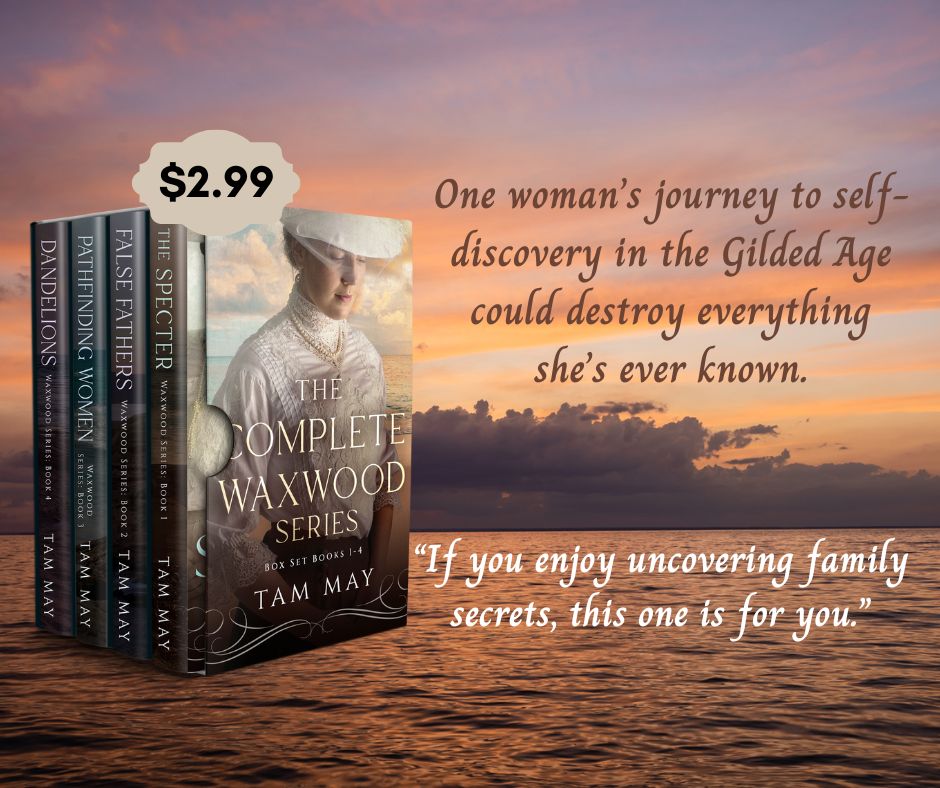Words are important to me. I don’t think any writer hates words, even though we sometimes feel like a puppy tripping all over ourselves trying to get them right.
When I was in high school back in the 1980s, my sister bought the Missing Persons album Spring Session M. The song I loved most was, not surprisingly, “Words” (if you’re into a bit of nostalgia or have no clue what I’m talking about, here’s the song). I find the lyrics “When no on listens/There’s no use talking at all” ironic now because, let’s face it, in the 21st century, we’re not doing as much talking as we did forty years ago. We’re texting and emailing instead.

Photo Credit: monkeybusiness/Depositphotos.com
Since I’m fascinated by words, it makes sense some of my characters in my Adele Gossling Mysteries would be too. Book 2 of the series focuses on a murder victim who is a word freak. Millie Gibb, the English teacher at the local girls’ school, is rather lofty in the position she takes on words:
“May I ask what your book is about?” Adele asked.
“The history to words,” said the woman. “They don’t appear out of the sky. Someone had to make them up. And in the case of the English language, many people put their hand in.” Her eyes still on the invisible shine, she advanced a little, the red returning to her face with the waxy shine. “One word can go through tens of thousands of evolutions.”
Millie’s point is well taken. When I was getting my bachelor’s degree in English in Israel, we had an influx of immigrants from Russia and Ukraine in our class. These students had the double challenge of not only learning Hebrew but English as well. One day, I chatted with one of them and asked her what language she found harder to learn, Hebrew or English (for those who might not know it, Hebrew is a challenge to learn because it uses an entirely different alphabet.) She said without hesitation that English was much harder. When I asked her why, she explained Hebrew has pretty consistent grammar rules (for example, there are certain letters in the alphabet that, if they come first in a word, are always pronounced differently than if they come in the middle or end of the word.) English, on the other hand, is all over the place, and one has to learn the exceptions to the rule because you never know when one will suddenly come up without any logical explanation. I found this view to be consistent with the EFL (English as a Foreign Language) business people I tutored later on in my life.
Adele understands the value of words too because she’s an epistolary expert. Keep in mind letter writing was still the main means of communication in the early 20th century, as telephones were still few and far between. Adele takes letters and writing very seriously, which you know if you’ve read Book 1 of the series. One of the reasons why she decided to open a stationery store was because she values words and their meanings.
You’ll be able to read all about Millie Gibb and her word obsession (and whether her fascination with words leads to her death) on July 30. However, you can snag your copy of A Wordless Death now at a special preorder price here
If you love fun, engaging mysteries set in the past, you’ll enjoy my novella The Missing Ruby Necklace! It’s available exclusively to my newsletter subscribers and you can get it here. By signing up, you’ll also get news about upcoming releases, fun facts about women’s history, classic true-crime tidbits, and more!

